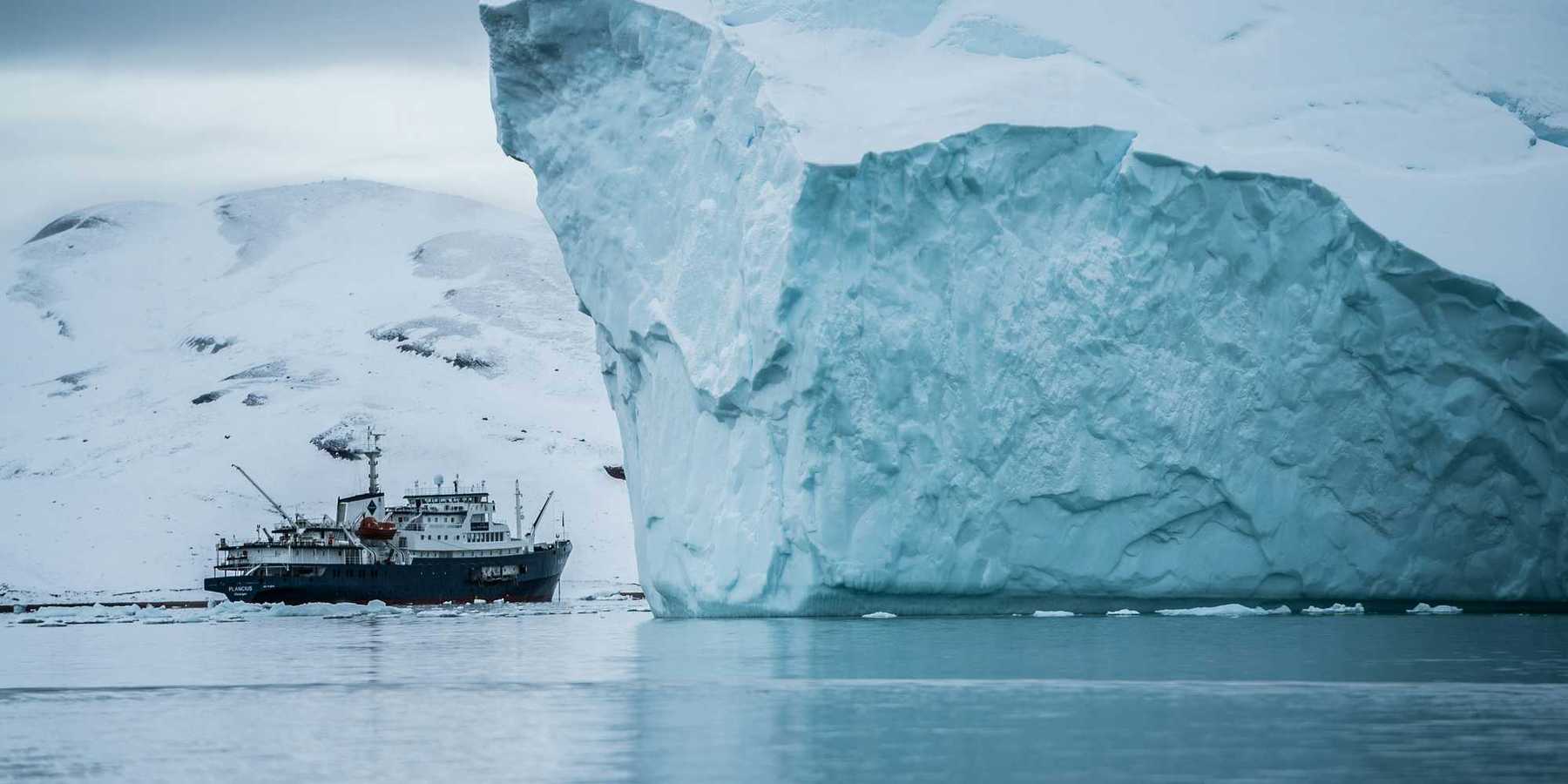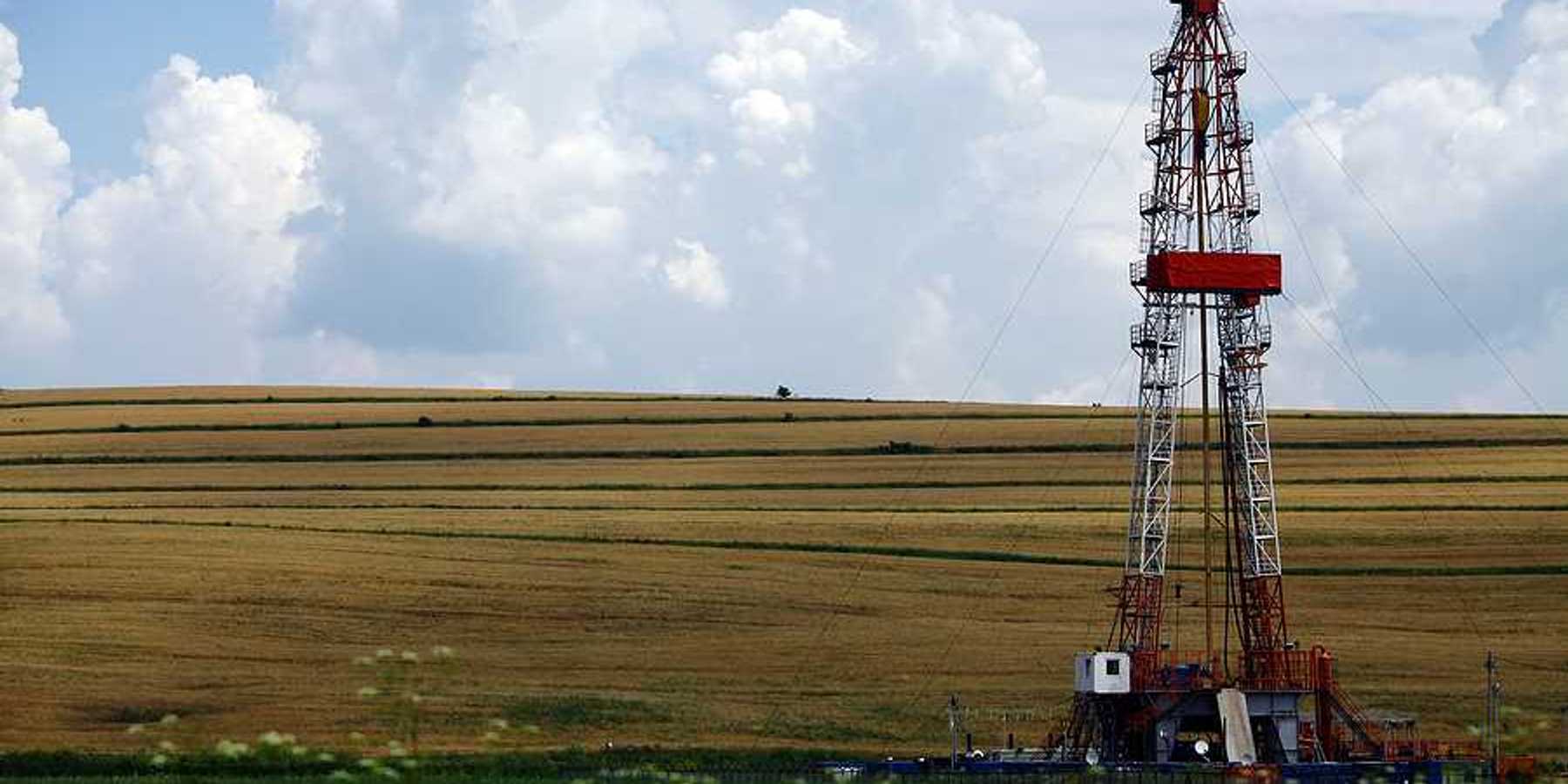Using comedy to combat climate change
The Climate Comedy Cohort aims to help comedians infuse climate activism into their creative work.
A car pulls up to a street corner, and a young, bearded man hops in the passenger seat, only to come face to face with a weathered and bald future version of himself.
The two have an offbeat, funny conversation that veers from their shared dream of marrying Taylor Swift and the pronunciation of the word “Worcestershire” to the power of hope in the face of climate change and the benefits of electric vehicles.
No, it’s not a fever dream—it’s a sketch comedy video produced by Esteban Gast, the comedian in residence for Generation180, a clean energy nonprofit. Gast, along with Generation180 and the American University-based Center for Media and Social Impact, has created a new project to help comedians become climate ambassadors through their craft.
The project is a response to growing research and understanding about how comedy, even about topics as serious as climate change, can be an important avenue for activism.
Comedy meets science
This isn’t the first time comedy has been used as a tool to engage people in climate conversations — last September, seven popular late-night hosts dedicated one night of their shows, dubbed “Climate Night,” to covering climate stories. The jokes ranged in accuracy and effectiveness, highlighting the need for more, and more responsible, climate comedy.
Toward that end, the Climate Comedy Cohort aims to put established comedians into conversation with climate experts and scientists — the “serious people,” said Caty Borum, executive director of the Center for Media and Social Impact. In this first year, nine comedians will spend six weeks in workshops and conversations with prominent voices in the climate movement, such as Dyanna Jaye, co-founder of the Sunrise Movement and Niklas Hagelberg, an environmental expert at the United Nations.
Learning about climate science from these experts, Borum told EHN, will help comedians infuse accurate climate science into their creative work — after all, comedians work by taking cues from the world around them. This kind of crosstalk rarely happens between the activist world and the world of comedy. “It's kind of an amazing experience that no one has really had in comedy,” Borum said.
At the end of the six-weeks, the fellows will pitch their comedy ideas and design sketches and standup comedy shows that will tour the country this coming fall.
Solutions and sustaining social movements
Comedy can be a valuable tool for social change, said Gast and Borum. Research has shown that the public is more likely to take action on an issue if they feel like their actions can make a difference. Comedy can do that by changing a typically gloomy narrative into a hopeful one, helping the audience understand that solutions are possible. For example, in Gast’s sketch, his older self assures him that, while the future is different, humans found a way to live sustainably.
If comedians decide to talk about tangible solutions in their work, Gast said, they can inform people about tangible ways society can move toward a sustainable future. “We're not just going to talk about hope or solutions because we're naive but because there actually are [solutions].”
Comedy is also a way to “sustain” social movements that might otherwise become overwhelmed with anger or hopelessness, Lauren Feldman, a professor of media studies at Rutgers University who studies the role of comedy in social movements, told EHN. Additionally, she said, comedy can be disarming, making divisive topics like climate change more accessible to people who might not otherwise want to pay attention.
The purpose, said Gast, is not to turn comedians into activists, but to help them make responsible and accessible creative work that includes climate change as a topic. “They are not going to be ‘climate change comedians,’” said Gast. “They're going to do their set. And if they do an hour, maybe seven minutes or maybe one bit is [about climate change].”
Comedy as a communication tool
Another goal of the program is to instill curiosity in climate experts to learn how to use comedy as an effective communication tool. “If serious advocates in climate start to really take comedians seriously and invite them into [climate activism], that can be really powerful over time,” she said.
Comedians, said Gast, have an appetite for creating comedy about current issues facing society. “The climate crisis is going to be more and more and more relevant, right?” he said. At a certain point, comedian or not, “we're all gonna have to talk about it.”














